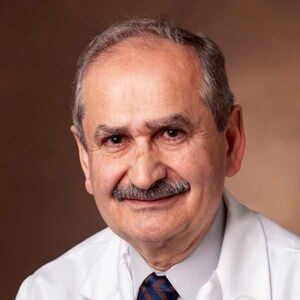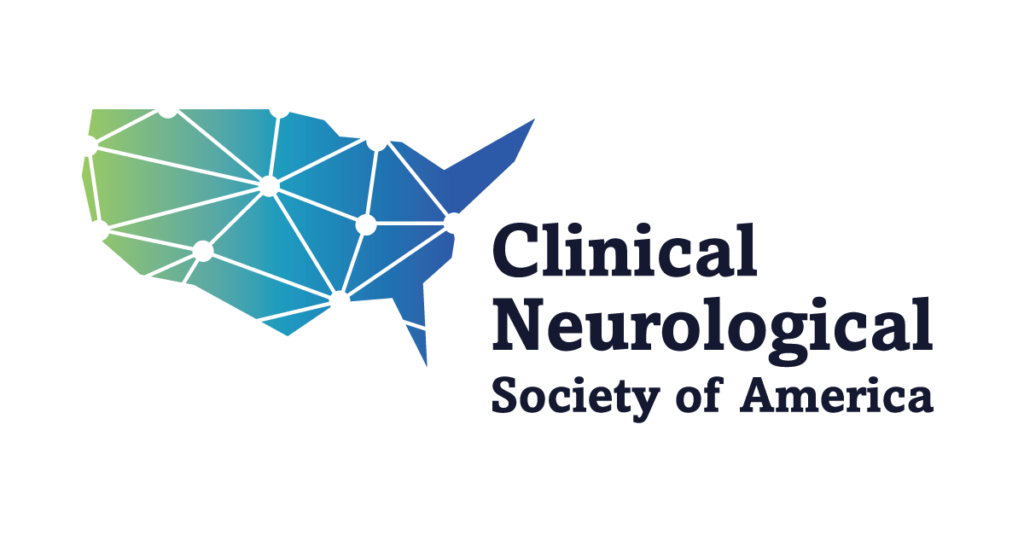
Bassel W. Abou-Khalil, MD
Bassel W. Abou-Khalil, MD, earned both his bachelor’s and his medical degree at the American University of Beirut in Beirut, Lebanon. His long-held interest in neurology is what eventually led him away from home and halfway around the world. Since neurology specialty training was not available in Lebanon, Dr. Abou-Khalil sought out other opportunities to become specialized in the field.
After finishing his internal medicine training at the American University of Beirut, Dr. Abou-Khalil traveled to the United States to complete his neurology residency and fellowships in epilepsy and clinical neurophysiology. All were done at the University of Michigan Medical Center. Dr. Abou-Khalil was drawn to epilepsy because of how often it affects young people. He’s moved by the transformative way getting one’s epilepsy under control can change a life.
Dr. Abou-Khalil planned to work at his alma mater after his fellowships, but tensions from the Lebanese civil war made it difficult to return. Instead, Dr. Abou-Khalil accepted a faculty position at the University of Michigan. He thought the move to extend his stay in the U.S. would be temporary, but fate had other plans.
Wanting to start an epilepsy surgery program of their own, the University of Michigan sent him to the Montreal Neurological Institute in Quebec for more training in that subspecialty. There, Dr. Abou-Khalil served as a post-doctoral fellow in clinical neurophysiology, gaining valuable experience at an epilepsy surgery center of excellence.
A year later, Vanderbilt University offered Dr. Abou-Khalil an opportunity he couldn’t turn down: the university asked him to build an epilepsy program from scratch. He accepted it; by the time the Lebanese civil war ended, he was too engaged at Vanderbilt to leave. Now, Dr. Abou-Khalil has been a professor of neurology and the Director of the Epilepsy Center at Vanderbilt University Medical Center for 33 years.
Dr. Abou-Khalil derives a lot of satisfaction from seeing patients who have done well with their treatments. He’s even become long-time friends with some. Likewise, he’s maintained a close connection with many of the epilepsy fellows he’s mentored over the years.
Despite working with thousands of patients over the course of his career, Dr. Abou-Khalil still gets excited about evaluating new patients. He’s fascinated about understanding the higher functions of the brain through presurgical evaluation of epilepsy patients and gets equally excited about the development of new epilepsy treatments.
In his free time, he enjoys traveling, hiking, and exploring new places and cultures.
Dr. Abou-Khalil’s first SCNS meeting was in 2003. That year, he was invited to give a talk by his friend Dr. Basim Uthman, the CME Program Chair at the time. The very next year, he attended and brought his family along with him. Since then, he has not missed a single meeting. And even though the meeting will be entirely virtual in 2021, Dr. Abou-Khalil was one of the first clinicians to register.
Of course, Dr. Abou-Khalil is interested in the great scientific program, but the meeting is about more than just learning to him. When asked about his favorite SCNS memory, he shared it is “the great joy my daughters experienced and the friendships they made at SCNS meetings.”


